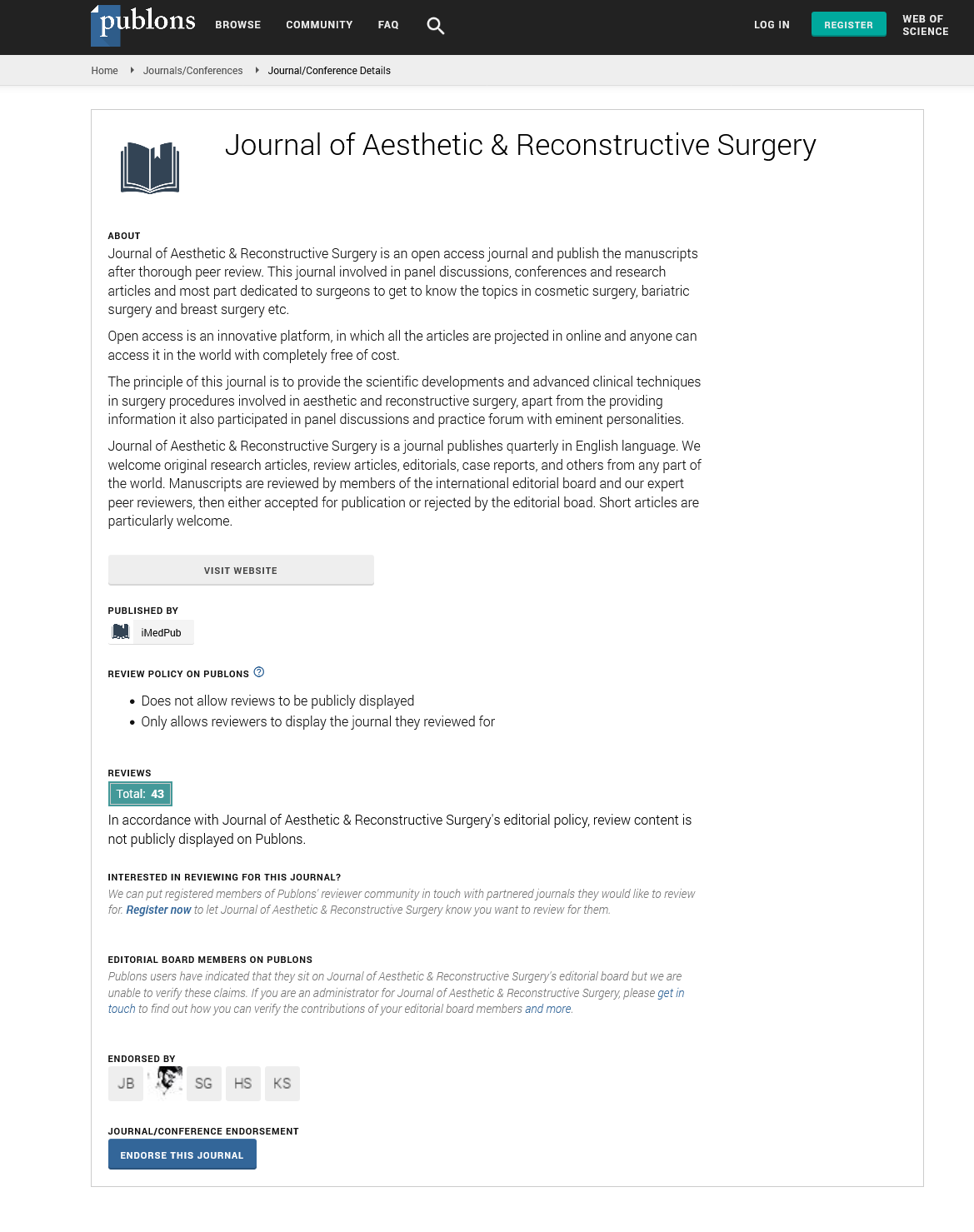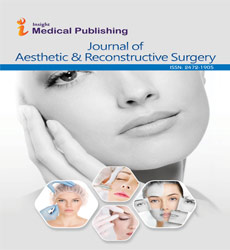Abstract
Body Image and Self-esteem in Botulinumtoxin A and Dermal Filler Patients
Background: The demand for minimally invasive cosmetic procedures has continued to rise especially in Germany, yet few studies have examined this patient population. The literature in Germany has repeatedly voiced the speculation that users of minimally invasive, skin-rejuvenating procedures displayed a higher tendency toward dysmorphic behavior patterns or respectively less self-esteem.
Objectives: Aim of this study was to investigate body image, self-esteem and socioeconomic parameters in users of BoNTA and/or facial fillers.
Methods: One hundred forty five females presented for botulinum toxin and/or soft tissue filler injections, completed demographic and standardized psychometric questionnaires such as Rosenberg Self-Esteem Scale and Body Dysmorphic Disorder Questionnaire before treatment.
Results: Patients undergoing injectable aesthetic treatments in an urban dermatology practice were woman, middle-aged, highly educated and mostly employed. Furthermore, patients who undergo minimally facial rejuvenation procedures showed a normal sense of self-esteem, and have a lower body mass index than controls. Participants also had a normal body image and no signs for a body image disturbance were found.
Conclusions: This study helps to better understand the psychosocial factors characterizing this patient population. No signs of body dysmorphic pattern or less self-esteem were found.
Author(s):
Phil Habil Borkenhagen*
Abstract | Full-Text | PDF
Share this

Google scholar citation report
Citations : 130
Journal of Aesthetic & Reconstructive Surgery received 130 citations as per google scholar report
Journal of Aesthetic & Reconstructive Surgery peer review process verified at publons
Abstracted/Indexed in
- Google Scholar
- China National Knowledge Infrastructure (CNKI)
- Directory of Research Journal Indexing (DRJI)
- WorldCat
- Publons
- Geneva Foundation for Medical Education and Research
- Secret Search Engine Labs
- Euro Pub
Open Access Journals
- Aquaculture & Veterinary Science
- Chemistry & Chemical Sciences
- Clinical Sciences
- Engineering
- General Science
- Genetics & Molecular Biology
- Health Care & Nursing
- Immunology & Microbiology
- Materials Science
- Mathematics & Physics
- Medical Sciences
- Neurology & Psychiatry
- Oncology & Cancer Science
- Pharmaceutical Sciences


